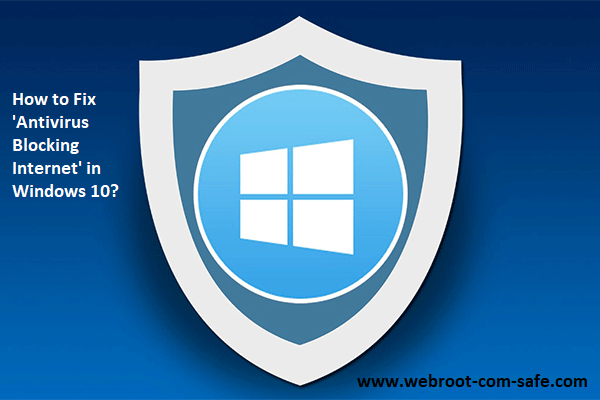Google Warns: Fake Antivirus the Main Threat
Google has rung alarms, saying that the majority of antivirus software programs that customers download and download are malware programs that are spreading viruses and worms onto computers. It's frustrating to know that the program can cause the most severe damage than anyone else. In the past for an entire year and a month, Google has conducted an extensive examination of millions of web pages. The total number is 240 million, and the findings are awe-inspiring. It's the well-marketed antivirus programs that are responsible for a significant portion of all programs that have been found to be malicious and are in the internet. Who is accountable for the spread of malicious programs in the first place? Our so-called "friendly antivirus" software programmers are responsible for 15 percent of the distributed. Is it possible to believe this? www.webroot.com/safe

People are swayed by ads. They are either computer-savvy or not believing that the software programs they downloaded or purchased will help them filter undesirable content that is infecting their computers. Once they have installed the program, they feel confident and secure, and they forget about dangers. However, the programs gradually invade and cause a lot of damage to the system as well as the data that is stored in it. Is there a way to stop this? Cyberspace crimes are getting more sophisticated and dangerous each day. One of the most popular and easy methods employed is to display an advertisement in pop-ups that threatens users warning that there's an alert for viruses available to the system, and entices users to click on it for security against such cyber-attacks.
The user, sincerely believing it, falls into the trap and presses the "OK" button for protection. In a short amount of time, all the confidential details of the user are obtained and taken from the system to be used by the fraudster's use. Google declares that fake threats are growing every day. In addition, more and more programs are being offered on the market because of this. So, it is difficult to know which is a legitimate protector or what fake protectors are. The report of the survey states that a lot of users are victimized by these kinds of frauds. The number of people who sign up for these kinds of software programs that are fake have been increasing exponentially over a time. This pattern of attack can be evident in paid software programs too. It is ironic that users are the ones who pay for the harm and believe that the program is of good quality.
Advertisements are the primary channel to transfer fake programs. Although Google employs special tools to spot these types of fakes, criminals are adept at switching between several web addresses to avoid the trap. Google has a difficult time trying to stop it. It's alarming to know that about 11000 domain names on the internet are providing malware programs of this kind. Specialists working in internet security provide two distinct guidelines to help you stay from this kind of trap. First, don't click on any unwelcome pop-ups or advertisements, no matter if it's free or low cost. Two, buy anti-virus applications from well-known firms to stay away from fraud. www.webroot.com/secure

